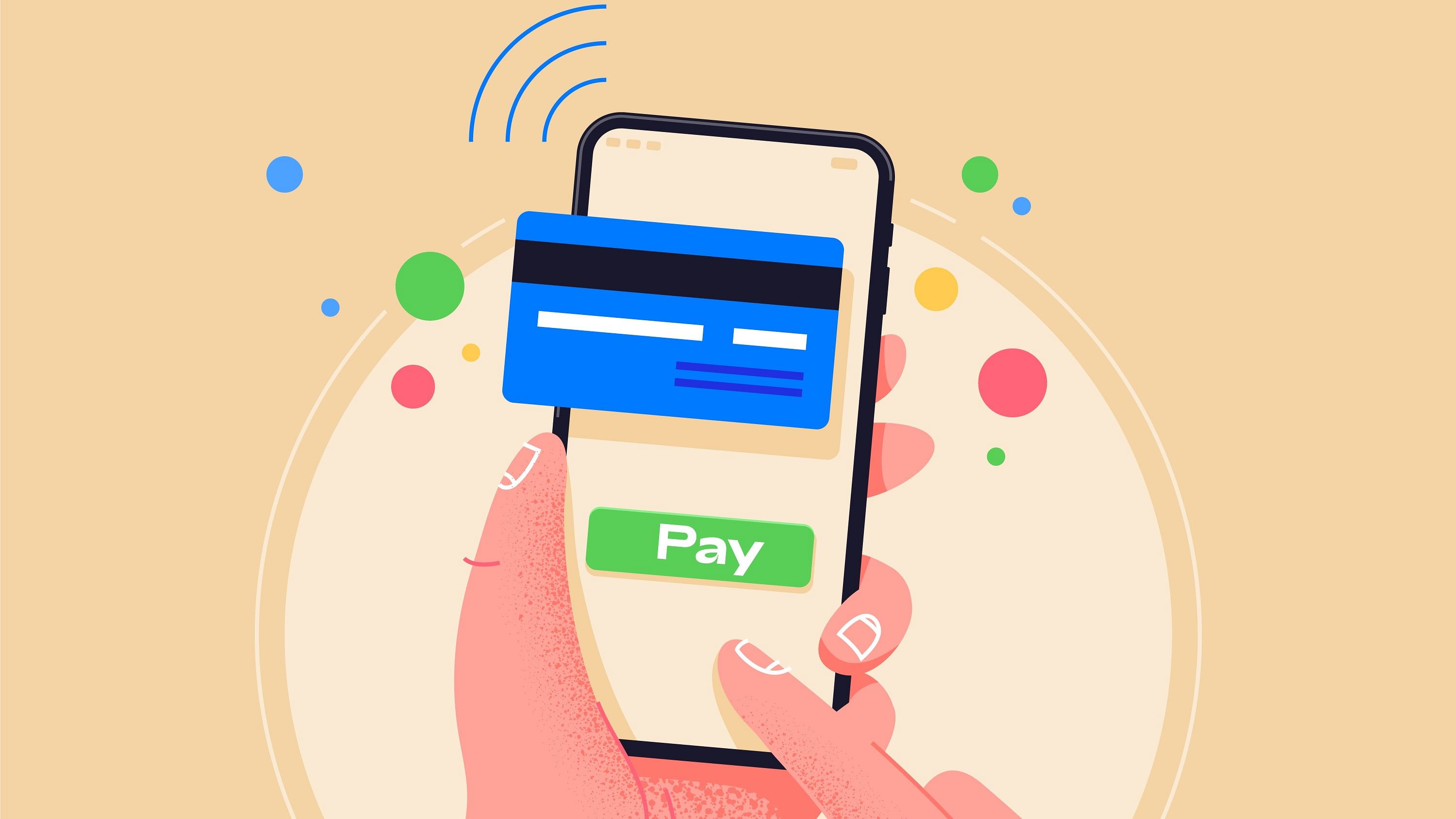
The modus is not new. But despite regulations, these instant loan apps continue to creep into the social media feeds of victims, enticing them into availing a not-so-huge loan. Representational image.
Credit: iStock Photo
The process is simple: download the application, approve a few “mandatory” app permissions, fill in your bank and other details and voila you are eligible for an instant loan. This is how a well-organised racket, which the police believe is equipped with tech and operates, in many cases, outside the country, traps an unsuspecting victim.
Then it begins. The constant calls, threats, harassment and blackmail by using the victim’s, in some cases even their family’s “morphed” explicit photographs, which the loan sharks flood their contact list with.
The modus is not new. But despite regulations, these instant loan apps continue to creep into the social media feeds of victims, enticing them into availing a not-so-huge loan. Their targets are students, homemakers, young professionals and those who wish to skip the hassle of applying for a bank loan.
Since January this year, DH reported three such cases where the victims were blackmailed by loan sharks. In two of those cases, the victims claimed they never availed a loan and the sum was automatically credited into their bank accounts after they entered their details on the app.
Cases galore
City police’s data revealed that in 2023, 353 loan app cases were reported in Bengaluru. The most (144) were in the northern division.
While the police concluded that they couldn’t detect 35 cases, bank details were awaited in 27. A large number of cases were being investigated. The total cases, however, saw a massive dip from 2022 (586).
In July 2023, a 22-year-old Bengaluru student died by suicide after facing harassment from loan agents. Similar cases were reported in other parts of the state and the country.
Well-oiled machine
While Play Store (Google) and App Store (Apple) remove suspicious apps periodically, investigators say there was no check on dubious loan apps being advertised on social media. Recent government statistics showed that between April 2021-July 2022 and September 2022-August 2023, Google removed over 4,700 loan apps from the Play Store.
In December 2023, the Union government directed social media platforms to not host fraudulent loan app ads.
Despite this, the dubious loan apps have a free run on social media advertising platforms, senior police investigators the DH spoke with said, adding that the scamsters use targeted advertisements and Search Engine Optimised (SEO) keywords like “quick loan, loan, easy loan and EMI” etc., to appear on user feeds.
“The racket is well organised,” a senior Bengaluru police officer told DH. “This involves huge investments and manpower: one needs to develop the apps, collect data, morph photographs, make threatening calls, send messages etc. The apps also need to be hosted on servers to run — so it is not something every person can do.”
The officer said that in many cases, the banned apps were found again “repackaged with fresh looks and user interfaces (UI)”.
“Since the amount being borrowed is small, people don’t think much,” the officer, who requested anonymity, added. “The interest charged is much lower than regular channels and hence people get enticed.”
Karunakar Prasad (name changed), a Bengaluru college lecturer, paid the agents of Digital Bank and Money Pocket Rs 5.69 lakh for availing a loan of Rs 56,550 in October 2023. Prasad, who was harassed for nearly three months with his “explicit” photographs, had told DH the interest rate offered was 0.7 per cent and the repayment period was 120 days.
According to C K Baba, DCP Southeast, fraudsters almost copy the features of genuine loan apps to make the UI appear authentic and manage to bypass firewalls on social media.
“Social media platforms lack double-checks and the availability of targeted advertisements makes the job easier for scamsters,” Baba, who oversaw several loan app probes, told DH. “They will also make sure the data fed to the algorithm appears genuine so that they can breach the checks.”
Officers also said that since these apps operate illegally, they don’t wait for the victim to avail a loan “and automatically credit the sum”. Probes have led the investigators to China, Dubai and some Indian states, where the perps continue to operate.
Technicalities
A cybercrime investigator, who was not authorised to comment on the record, said that loan apps were programmed in such a way that they would not function without giving a set of mandatory permissions to access contacts, files, gallery and phonebook.
“In a hurry, the victims grant access without realising the repercussions,” the investigator, who is probing a recent loan app case in Bengaluru, told DH. “Scamsters then use the photographs, morph them into explicit content and blackmail the victims.”
Another key factor is for Android users where the installation of third-party applications — those not verified on PlayStore — is easy. “All they have to do is accept a prompt during the app installation process, which they downloaded from a third-party link on social media or any other dubious website."